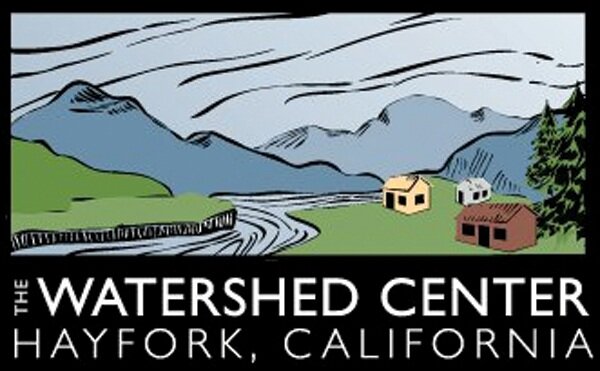Trespass Grow Reclamation
Trespass grows are sites where cannabis is illegally grown on public lands. They are often large-scale operations, with plant counts numbering anywhere from 1,000-100,000, and they are largely funded and operated by drug trafficking organizations. Trespass grow sites are a serious issue threatening the health of national forests in California as trespass growers cut vegetation, divert surface water, apply potent pesticides and leave garbage, chemicals, human waste, and non-biodegradable materials on our public lands. Once growing season is over, winter rainstorms wash agricultural chemicals, human waste, and trash into streams and rivers. These sites harm human health, threaten and endanger wildlife, and poison the environment.
The Damage
On average, law enforcement locates 300-600 trespass grow sites in California each year. There are an estimated 300-500 additional grow sites that go undetected, possibly more.
The WRTC has provided many hours of labor support to the clean up efforts. Just one clean-up operation spanning seven sites within the Trinity River watershed removed: 104 pounds of rodenticide, 8,188 pounds of fertilizer, 8.5 miles of irrigation line, 560 gallons of insecticide, 68 ounces of concentrated carbofuran (equaling 60-70 gallons in diluted form), and 205 fifty-gallon bags of garbage, weighing in at 4 tons.
Traces of poison have been detected in our watersheds and in the bodies of wildlife. The Pacific Fisher is one of several species severely impacted by the toxicants used in trespass grows. In 2014, testing of Pacific Fishers in California showed an 86% rate of exposure to the chemical toxicants that are used at these sites. The number of known fisher deaths resulting directly from trespass grow site toxicants is on the rise. Four fishers were found poisoned between 2007 and 2012, and from 2012-2014, nine more fishers were discovered poisoned.
Trespass Grow Site Reclamations
Addressing the damage caused by trespass cannabis grow sites is essential to protecting the health of our public lands. The Integral Ecology Resource Center (IERC) has pioneered efforts to address these problems through trespass grow site clean-ups. Known as reclamations, these clean-ups are collaborative operations that remove toxicants and garbage and assess and monitor the impacts of trespass grow sites.
Visit the Publications page on the Integral Ecology Research Center website to read more about this work.
Please contact Emma Carlson at (530) 628-4206 or emma@thewatershedcenter.com to learn more about our trespass grow reclamation efforts.


